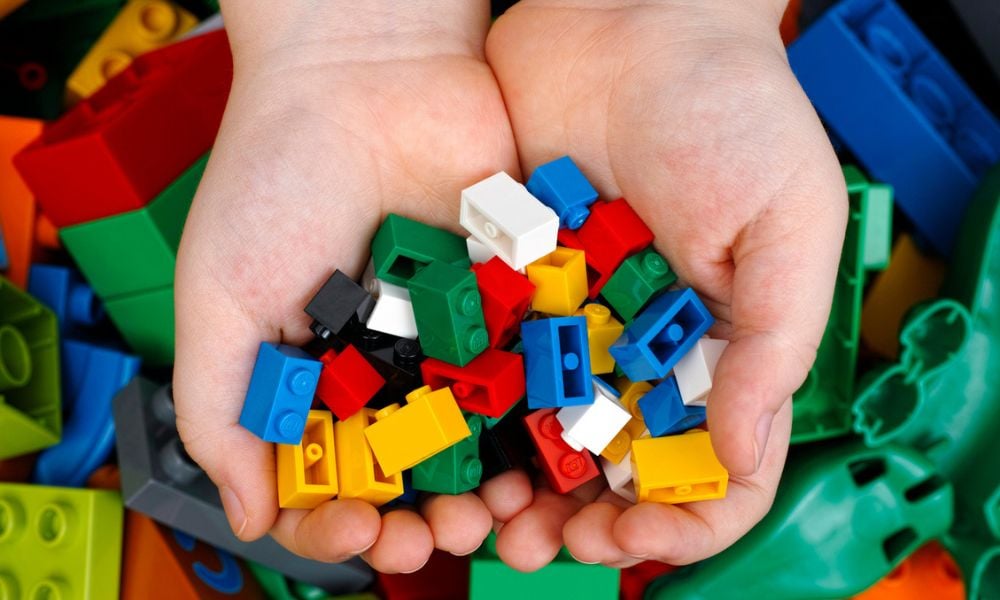
New measure is part of the toymaker's massive sustainability investment

Toy company Lego Group has announced that it is linking employees' bonuses to annual emissions in a bid to be more sustainable.
In its announcement, Lego said it has a new annual key performance indicator (KPI) to motivate staff in reducing emissions in its factories, stores, and offices.
"The KPI measures carbon from our operations (scope 1 and 2 emissions) and one scope 3 emission category (business travel) and compares this with how many bricks have been manufactured over the same period, to get a carbon intensity metric that we can track," Lego said in a statement.
Scope 1 includes direct emissions from Lego factories, offices, stores, and vehicles, while Scope 2 covers indirect emissions from the energy purchased to power these facilities and vehicles.
This KPI will then play a crucial role in determining employee bonuses, according to LEGO.
"From 2024, a portion of our salaried employees' bonus payments will be tied to annual emissions. Over time we will expand it to cover Scope 3 emissions, as we progress towards our goal to become a more sustainable business," the company said in the announcement.
Lego's latest measure is part of its $1.4-billion investment in sustainability-related activities. These include:
Lego has made a commitment in 2020 to reduce its absolute carbon emissions by 37% by 2032, consistent with the Paris Agreement's goal of keeping global warming below 1.5°C.
Last year, it also pledged to achieve net zero emissions by 2050.
Niels Christiansen, CEO of LEGO Group, said the long-term goal ensures the organisation will reduce its carbon footprint over the coming decades.
"Our immediate priority is to meet our 2032 carbon reduction targets and we're making progress across a range of initiatives," the CEO said in a previous statement.
The measures come amid growing pressure from the workforce for their organisations to be more sustainable. In fact, it has been a factor for some jobseekers when considering a new employer.
The United Nations is also pressuring organisations to be more sustainable as the world enters an era of "global boiling."